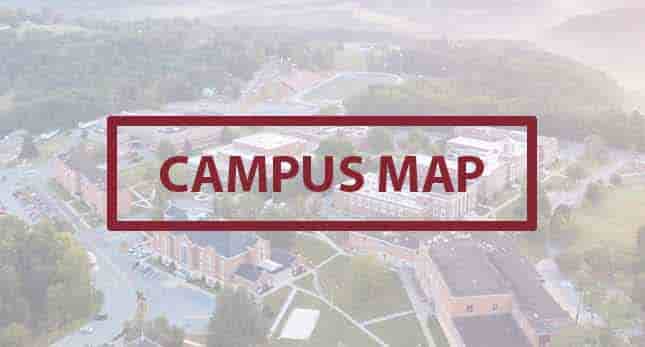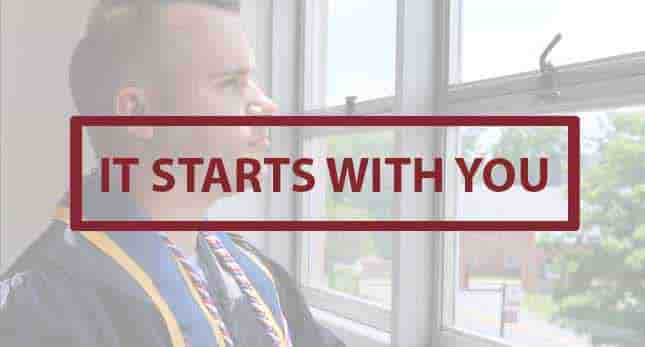A student employee is a part-time employee who is enrolled and regularly attends classes at Concord University and whose primary purpose for being at Concord University is to further his/ her education. Student employees are an important part of this institution. The faculty and staff depend on assistance from student employees for many important functions; therefore, student employees must be reliable, professional, and efficient. Student employment can provide an opportunity for students to understand more about workplace standards of performance and some of the things that will be expected of them when they enter the workforce after graduation. It can also provide students with a chance to evaluate the types of work that may or may not appeal to them. For these reasons, student employment can be a significant opportunity for professional development, as well as a source of income for students. It is the policy of the University not to engage in discrimination against any person on the basis of race, color, national origin, religion, sex, physical or mental disability, medical condition, marital status, age, sexual orientation, gender identity, or citizenship. The Student Employment Handbook has been developed to maximize the value of student employment for both the University and the student employees. There are four types of student employment:Student Employment
TYPES OF EMPLOYMENT
Student EmploymentBayleigh Meadows2025-08-13T11:21:36-04:00


